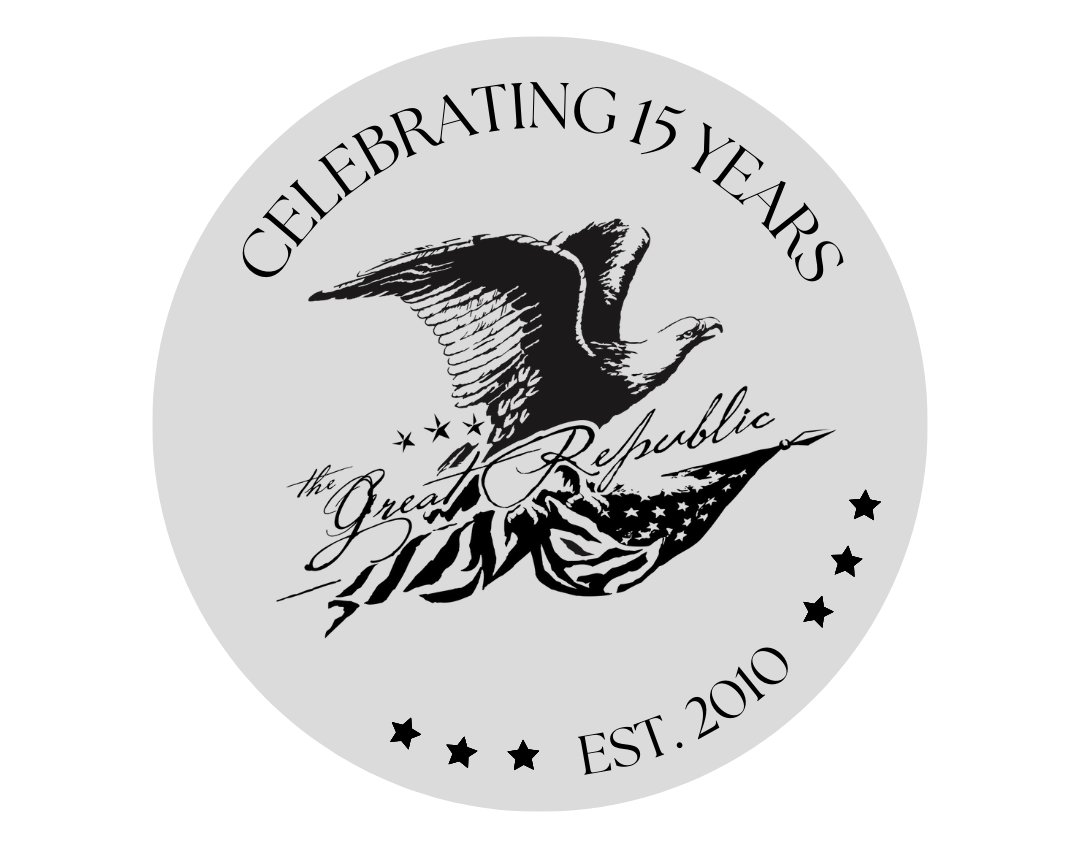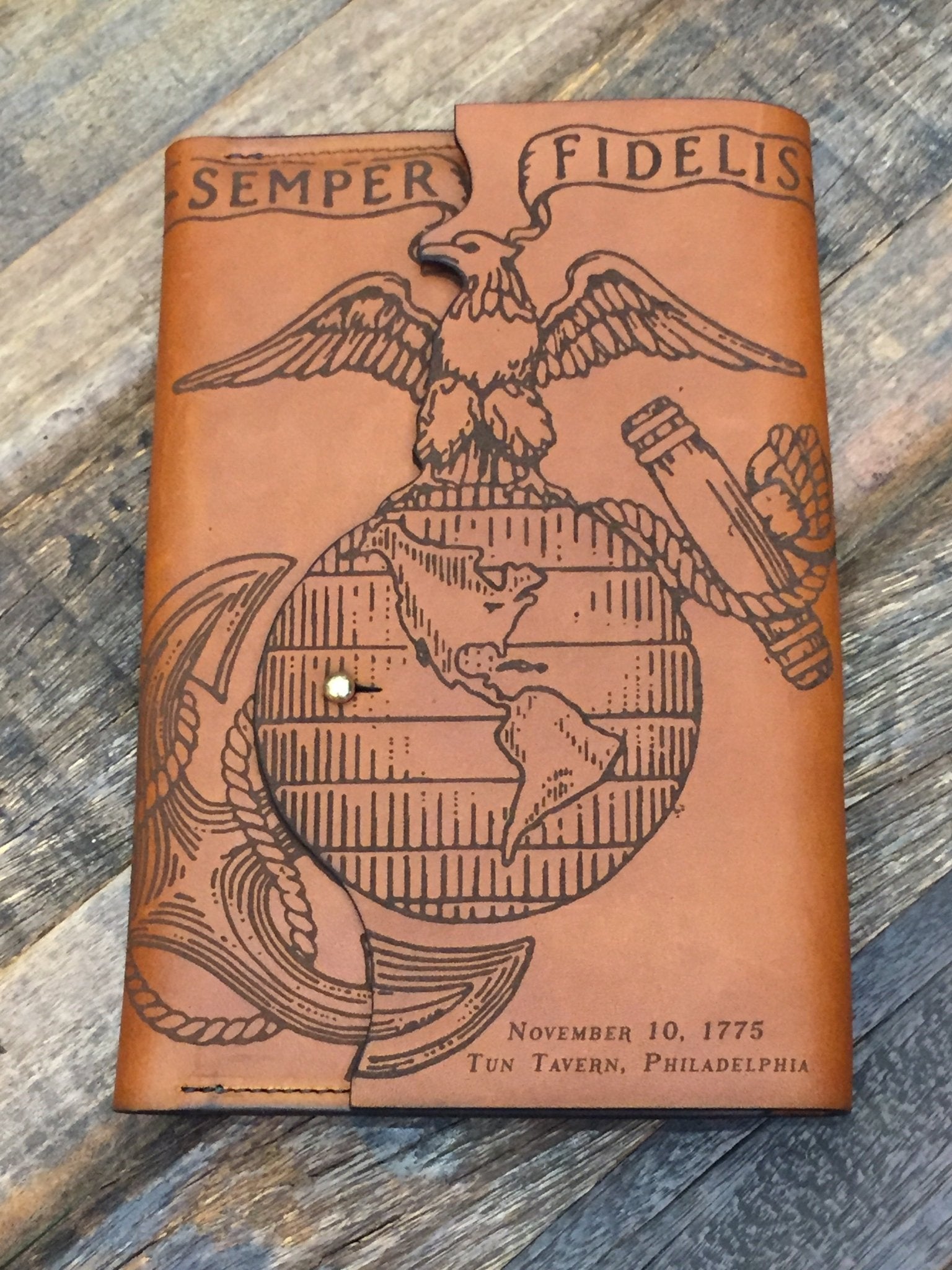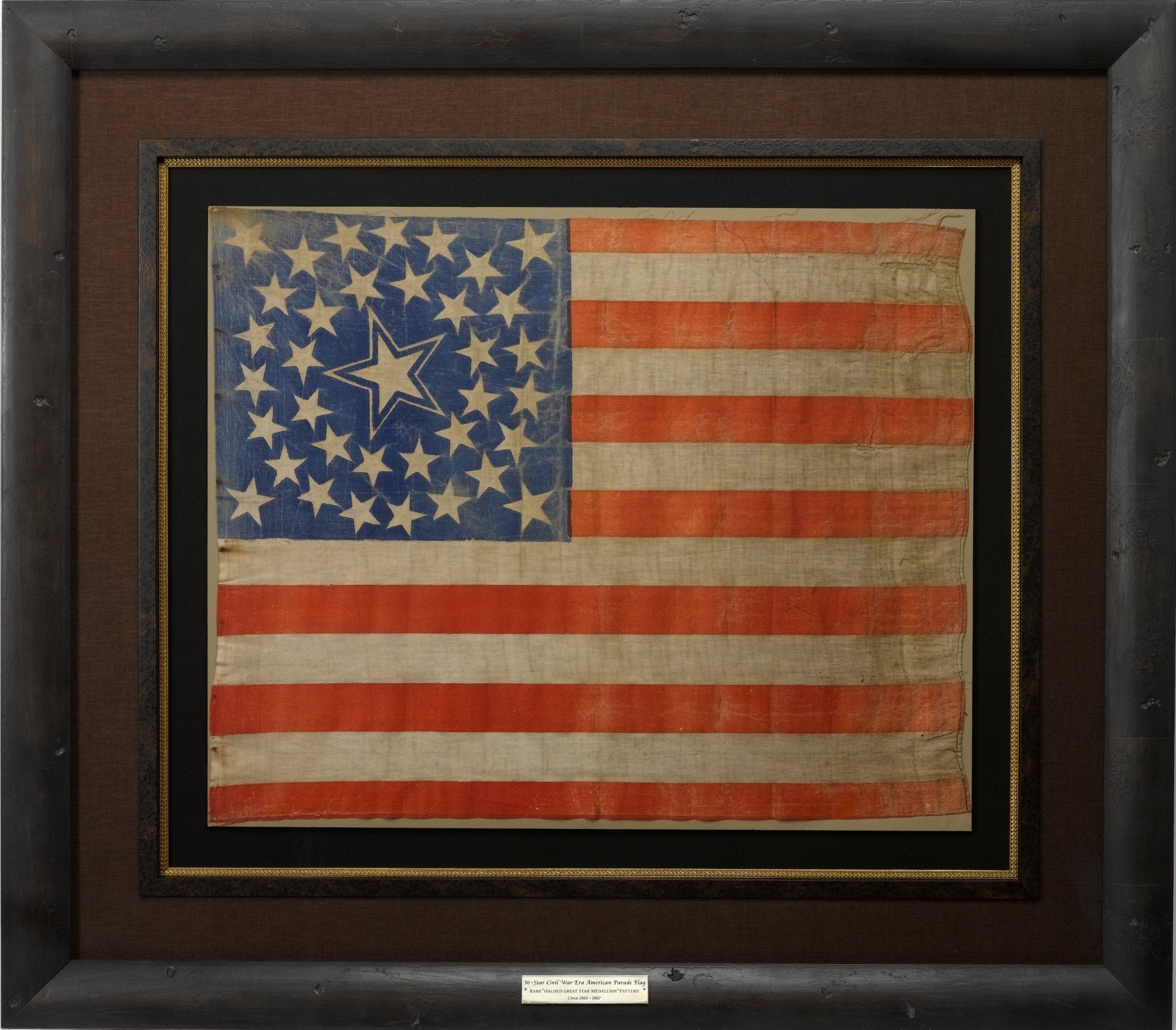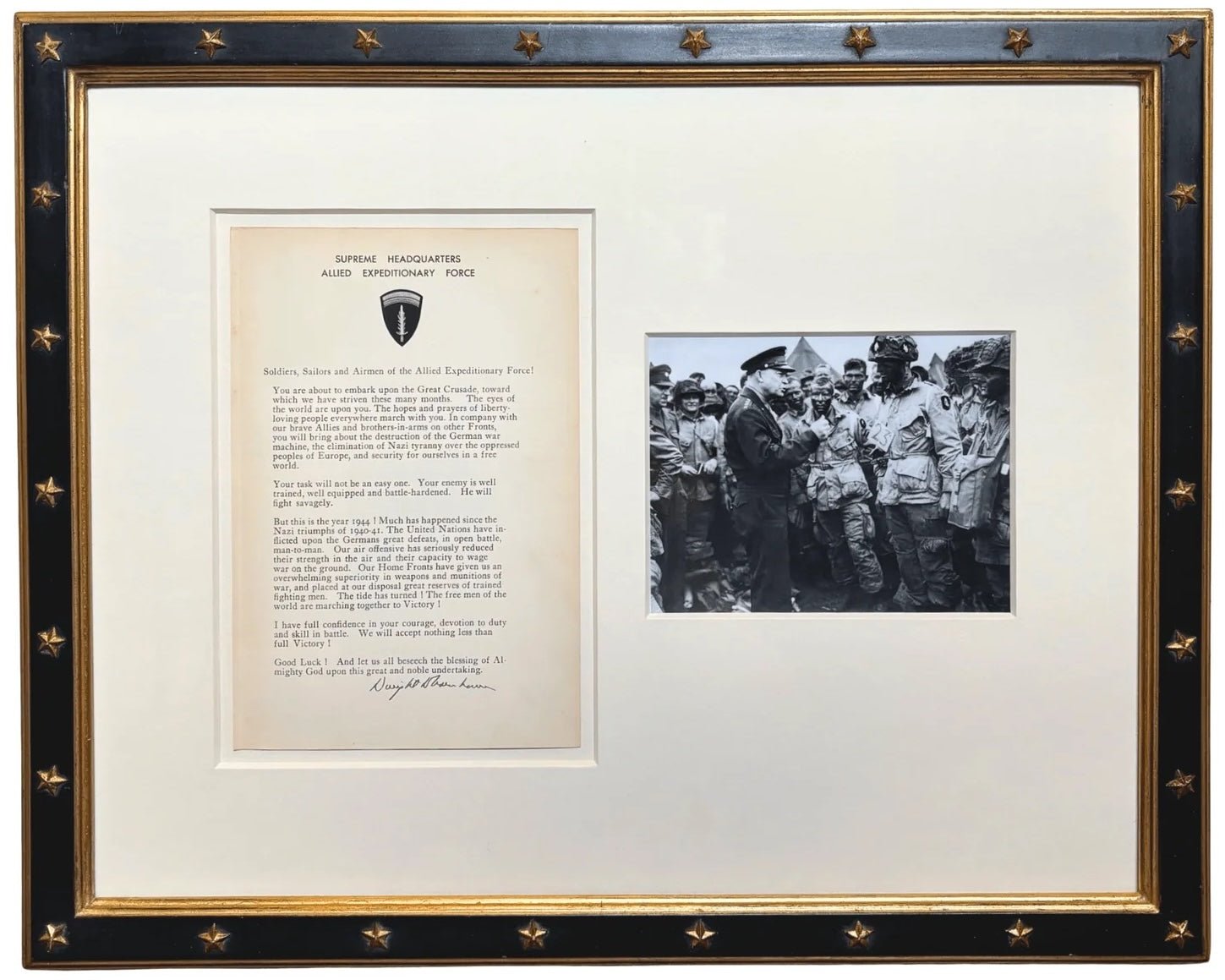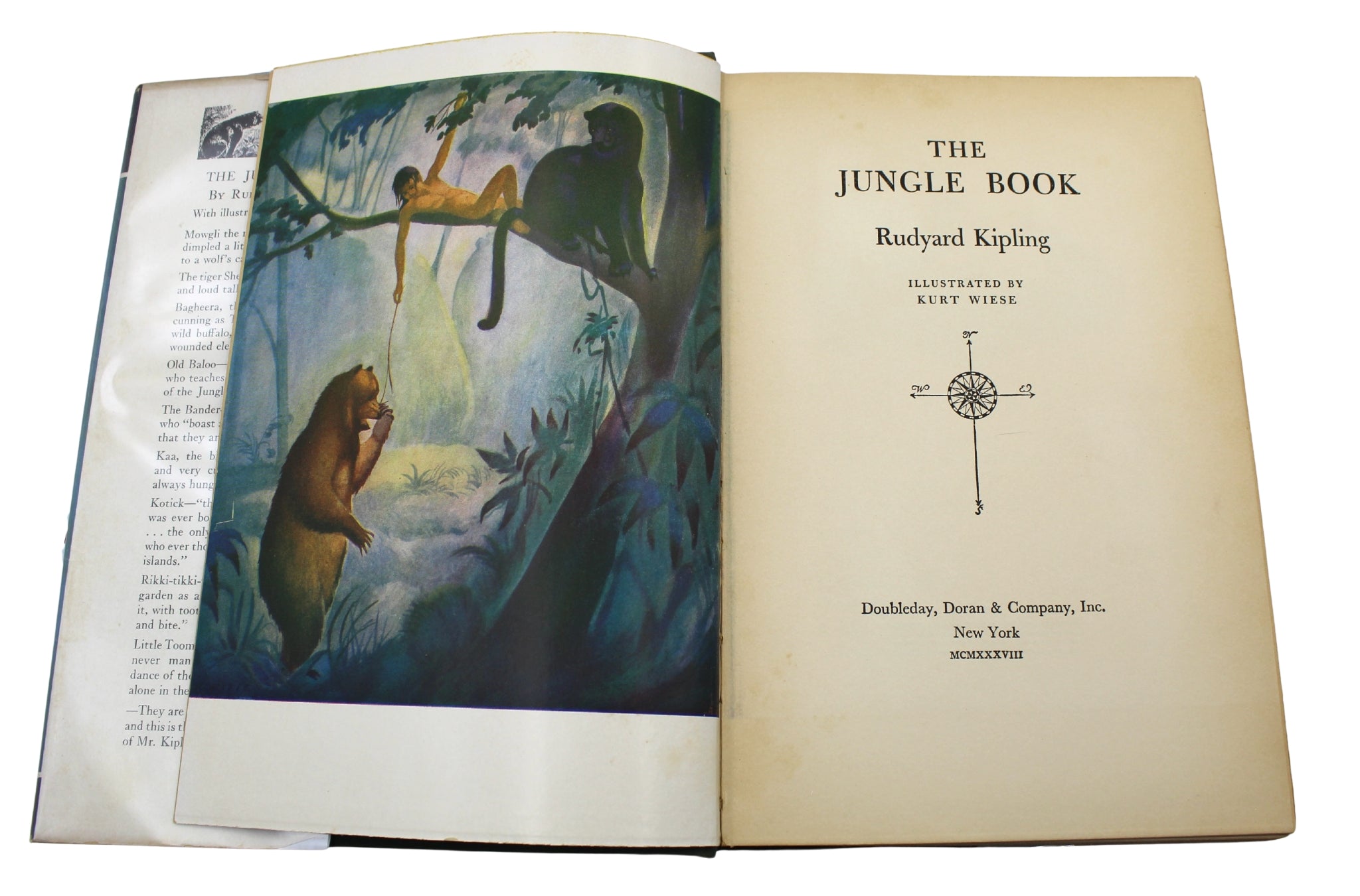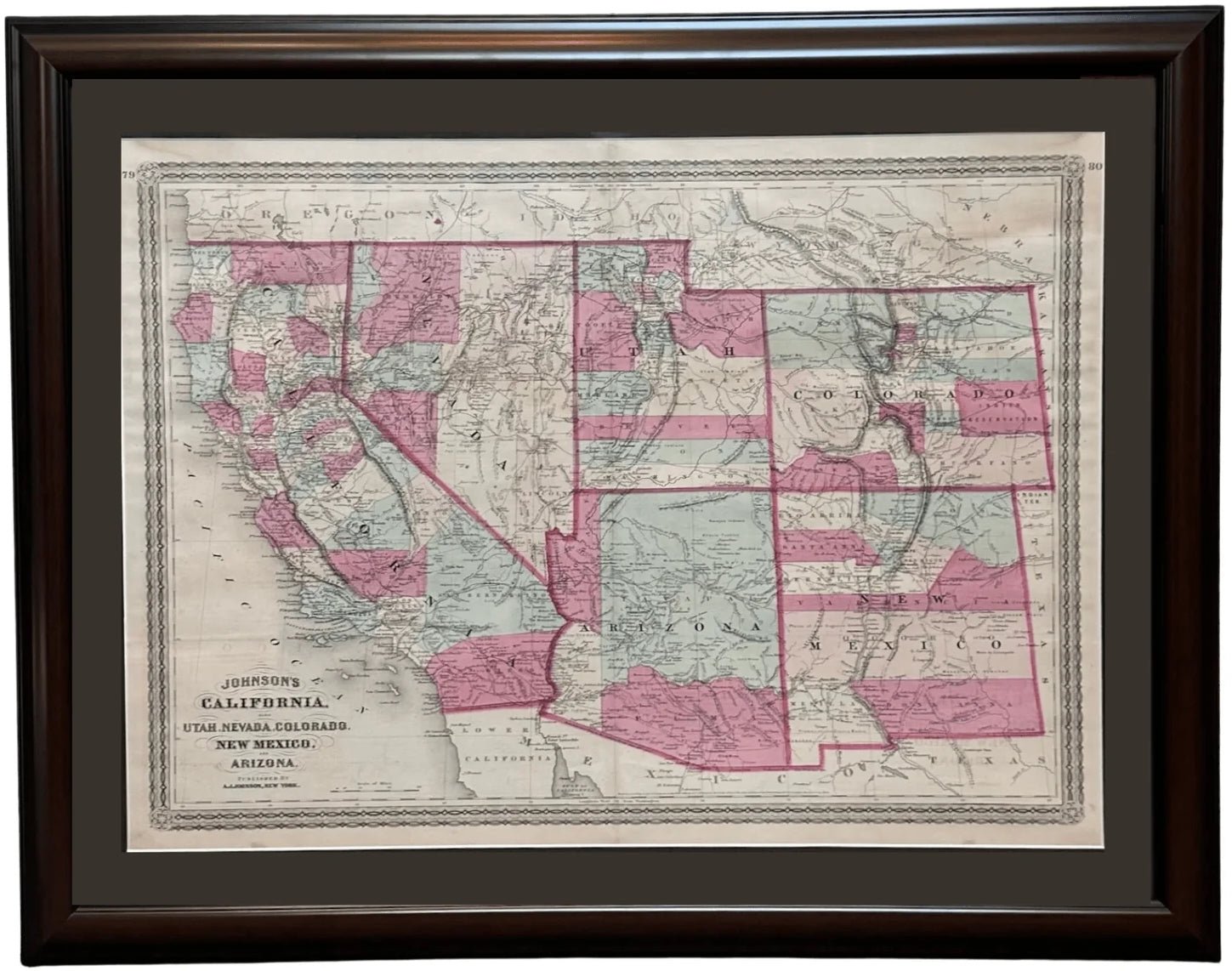Mark Twain: The Adventures of a Small Town Steamboat Pilot
Sporting unruly hair, wild eyebrows, and a bushy mustache, Mark Twain was always going to leave an impression on an audience. Whether through his looks or his writings, his impact on 19th century America was powerful and lasting. Mark Twain built his career on observing the world around him, describing the harsh realities of life while proclaiming that passion and beauty prevail nonetheless. His own life story is brimming with enough sorrow, love, struggle, and adventure to rival even his greatest novels.
“I was born modest; not all over, but in spots.” - A Connecticut Yankee in King Arthur's Court
Born Samuel Langhorn Clemens in 1835, the American writer didn’t formally adopt the pen name “Mark Twain” until February 3, 1863 while working as a columnist in Virginia City, Nevada. Sam Clemens was the youngest of six children raised in Hannibal, Missouri. The river town was a charming but sometimes violent place and young Sam witnessed more than one murder while there. The town left a deep impression on the future author and served as the basis for some of his later fictional river towns that walked a thin line between quaint and dangerous. Clemens grew up in poverty after his father suddenly passed away. At the age of 12, he left school to work as an apprentice at Hannibal Courier for a meager ration of food. By 15, he worked as a printer and occasional writer for his older brother’s newspaper, Hannibal Western Union. These skills served him well later in life, however, the teenage Clemens dreamed of nothing but steamboats and a stable income.
 Finally in 1857, at the age of 21, Sam began steamboat pilot lessons. By 1859 he earned his steamboat license and began his new career. A steamboat pilot was a much better paying job, more exciting, and a well-respected position in the community. The next two years spent on the Mississippi River had a lasting effect on Clemens and would always be a source of inspiration for his later writings.
Finally in 1857, at the age of 21, Sam began steamboat pilot lessons. By 1859 he earned his steamboat license and began his new career. A steamboat pilot was a much better paying job, more exciting, and a well-respected position in the community. The next two years spent on the Mississippi River had a lasting effect on Clemens and would always be a source of inspiration for his later writings.
“One gets large impressions in boyhood, sometimes, which he has to fight against all his life.” - The Innocents Abroad
If it weren’t for the Civil War, perhaps Sam Clemens would have lived a simple, quiet life on the river. Nevertheless, in 1861 as the war broke out, all non-military traffic along the Mississippi halted. Suddenly, Clemens’ dream job wasn’t enough to support him. That same year, Sam joined the Confederate Army as a volunteer, but only two weeks later his unit was disbanded. Sam did not pursue further service and elected instead, to go west.
Hoping to gain fortune in such unfortunate times, America’s first great novelist spent five years prospecting for silver in Nevada and California. Like many before him, he did not ‘strike rich’ in the western mines. Once again struggling for money, Clemens relied on some of his old talents and worked at a local newspaper, Virginia City Territorial Enterprise as a writer.
The first published use of the pen name, Mark Twain, dates to an article Clemens wrote on November 3, 1863. Thereafter, the writer used this unique name to publish his future works that defined American literature. This may have been the first time the name appeared in writing, but according to local tales, Clemens already answered to Twain thanks to his local saloon. Sam is said to have had a habit of walking into the saloon and crying out to the bartender, “Mark Twain!” This classic steamboat phrase meant that the vessel was in two fathoms (12 feet) of water, but the bartender understood it as a request for two blasts of whisky.
“Change is the handmaiden Nature requires to do her miracles with” - Roughing It
Success finally came when newspapers across the country picked up and published one of his short stories. Jim Smiley and his Jumping Frog, a story about life in a mining camp, introduced the nation to Clemens’ blunt but humorous observations on life in a ruthless town. Mild fame followed and more of his stories were published as his reputation for good humor, sarcasm, relatable tone, and humbling of the pretentious took off.
He capitalized on the opportunity and embarked on journeys abroad to write travel letters. His witty tales of foreign sights and situations were a hit back home. Clemens reworked these letters into his first novel in 1869, Innocents Abroad. With this, Sam Clemens became one of the most popular writers in the country.
 One year later, Clemens married Olivia Langdon and began a long, loving marriage. Together, they had four children, but sadly only one survived both parents. In 1871, Sam and Olivia moved their new family to Hartford, Connecticut and stayed there for many years. They settled near Nook Farm, an area home to many writers and publishers. Despite his settled life and dreams of being an affluent gentleman, Sam’s beloved rustic, colloquial voice still prevailed in his writings. It was in Hartford that he wrote his most famous novels including Adventures of Tom Sawyer, the sequel Huckleberry Finn, Life on the Mississippi, and Roughing It. Clemens drew heavily from his own experiences and the impressionable time spent in Missouri. Through his sarcastic and frank lens, Clemens criticized the American obsession to gain wealth, politics, the treatment of African Americans, and the failed Reconstruction.
One year later, Clemens married Olivia Langdon and began a long, loving marriage. Together, they had four children, but sadly only one survived both parents. In 1871, Sam and Olivia moved their new family to Hartford, Connecticut and stayed there for many years. They settled near Nook Farm, an area home to many writers and publishers. Despite his settled life and dreams of being an affluent gentleman, Sam’s beloved rustic, colloquial voice still prevailed in his writings. It was in Hartford that he wrote his most famous novels including Adventures of Tom Sawyer, the sequel Huckleberry Finn, Life on the Mississippi, and Roughing It. Clemens drew heavily from his own experiences and the impressionable time spent in Missouri. Through his sarcastic and frank lens, Clemens criticized the American obsession to gain wealth, politics, the treatment of African Americans, and the failed Reconstruction.
“It takes me a long time to lose my temper, but once lost I could not find it with a dog.” - Sam Clemens' Notebook, 1894
Always looking for an avenue to success, Clemens opened his own publishing company called Charles L. Webster Company. His Huckleberry Finn was the first book published through the company, but he also published works such as Personal Memoirs of U.S. Grant, giving large royalties to his widow. Despite massive success and international acclaim, Clemens soon went bankrupt. The brilliant writer proved a poor money-manager and invested often in ill-fortuned inventions. Eventually, his own publishing company failed and he was forced to take his family to Europe where he could embark on a lecture tour to earn money.
On his travels, Clemens witnessed the rise of political exploitation such as the Boxer Rebellion in China and the Boer War in South Africa, igniting Clemens' anger at imperialist governments. Disapproving of the Spanish-American War and with renewed finances, Clemens returned to American in 1900 to continue writing and take part in political activism. Unlike his earlier tongue-in-cheek works criticizing the government, selfishness, and social issues, Clemens’ later writings appeared more dark. The ideas of greed and cruelty seeped more prevalently into his work and the public lost interest in his new works. He died in 1910, leaving behind him a legacy of charm, wit, and frankness that defined American literature for the first time and inspired other great writers such as Ernest Hemingway and William Faulkner.
“When we remember we are all mad, the mysteries of life disappear and life stands explained.” - Sam Clemens’ Notebook, 1902
Clemens spent his life observing and writing about the human experience. His own life stories added color and truth to the entertaining and witty tales so beloved by the public. As his life changed, so did his writing style and focus. He constantly observed and internalized his surroundings in a way that resonated with his contemporaries and provides people today with a fascinating insight into the 19th century through Sam Clemens’ eyes.

